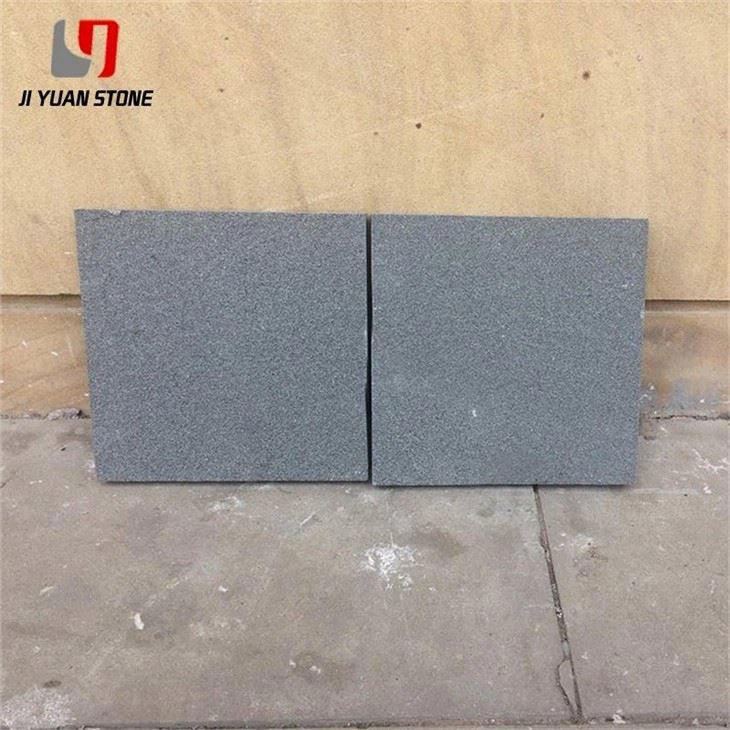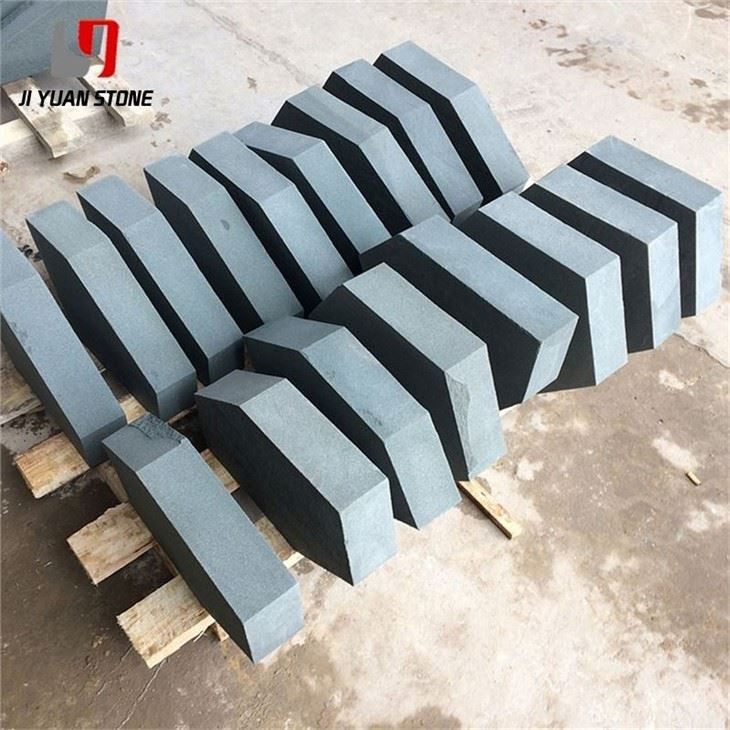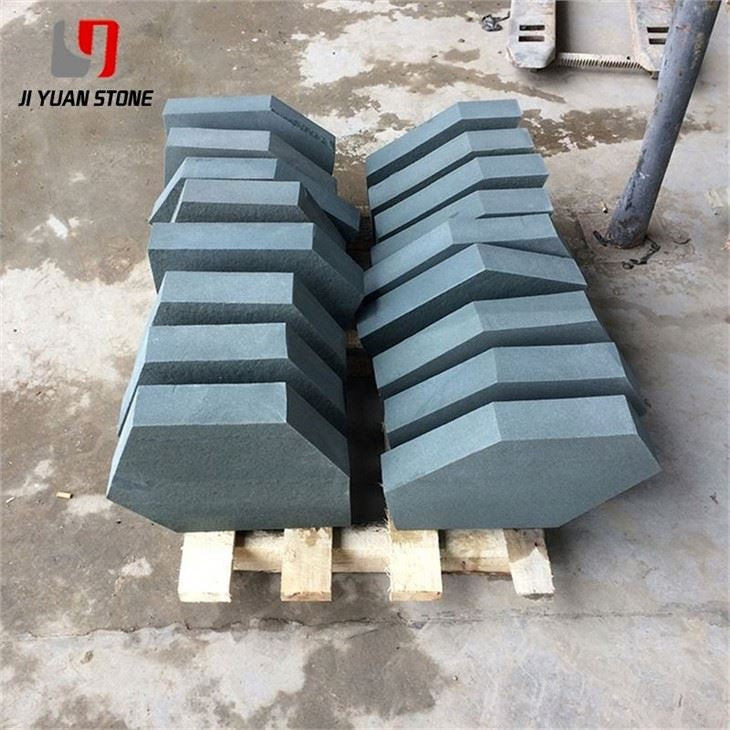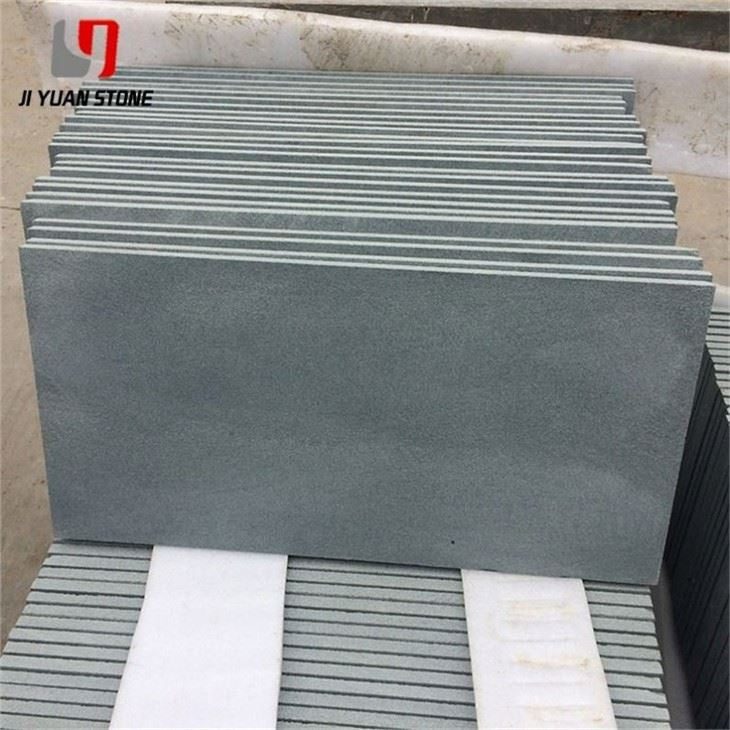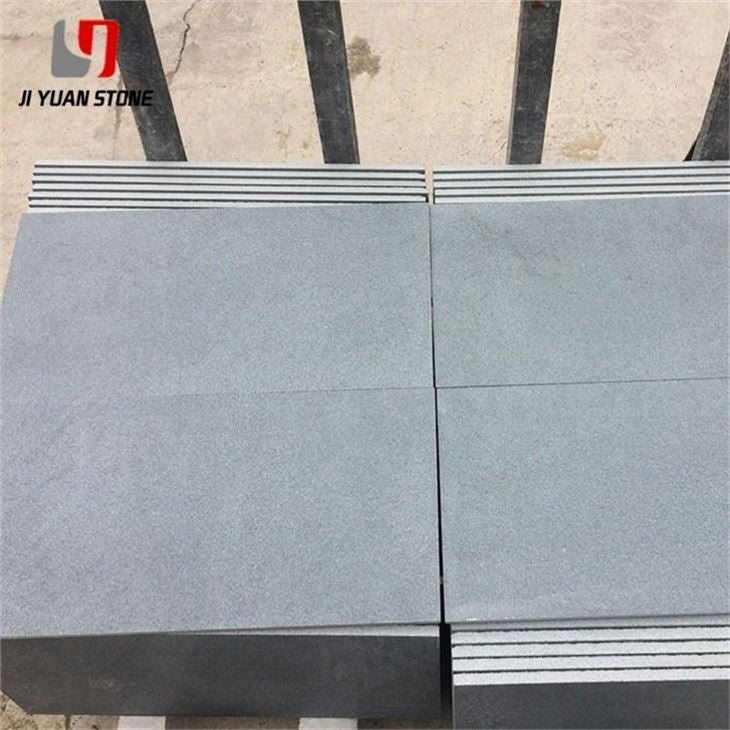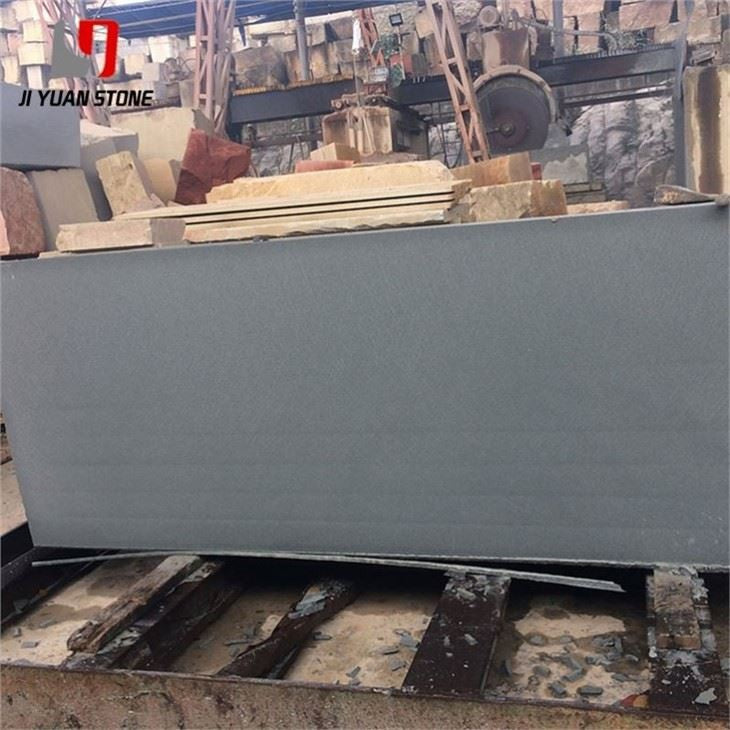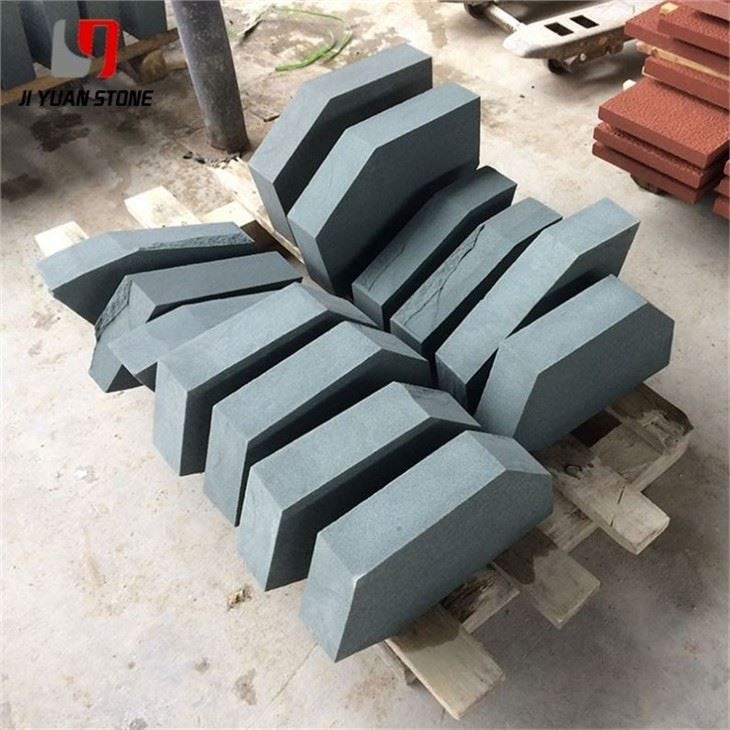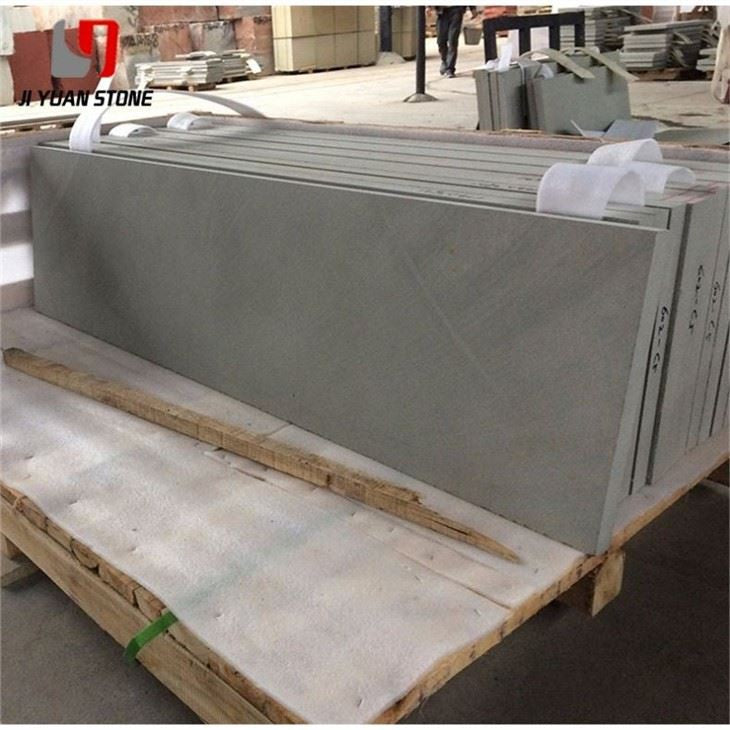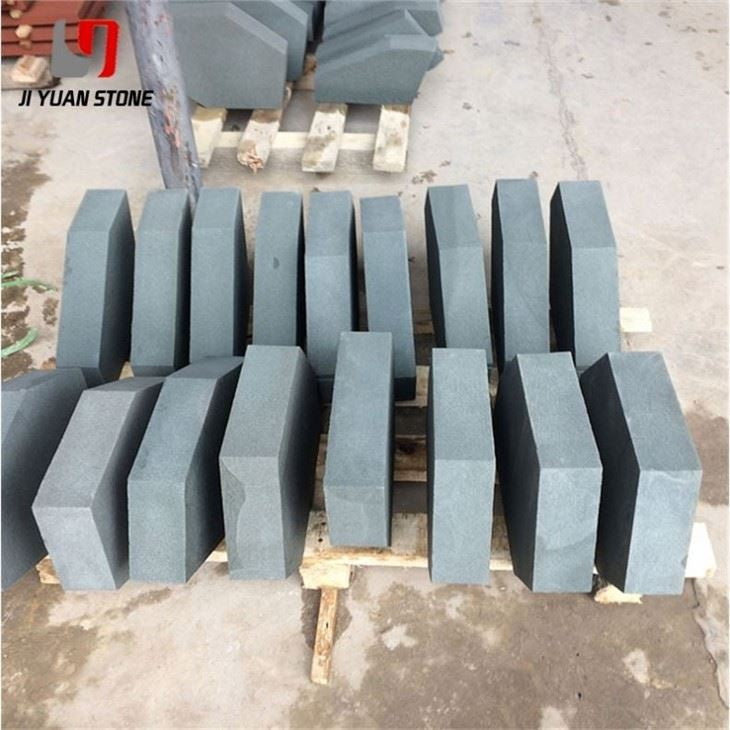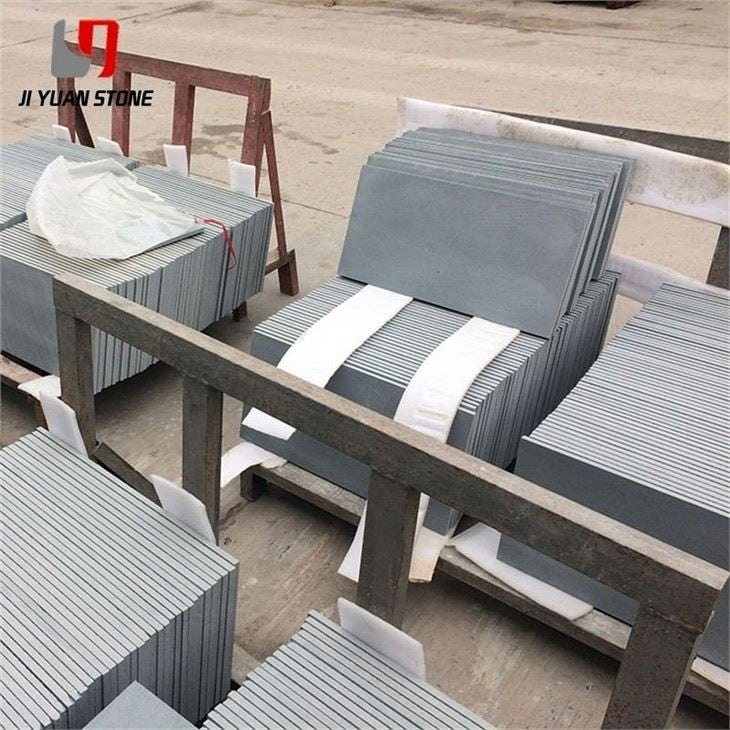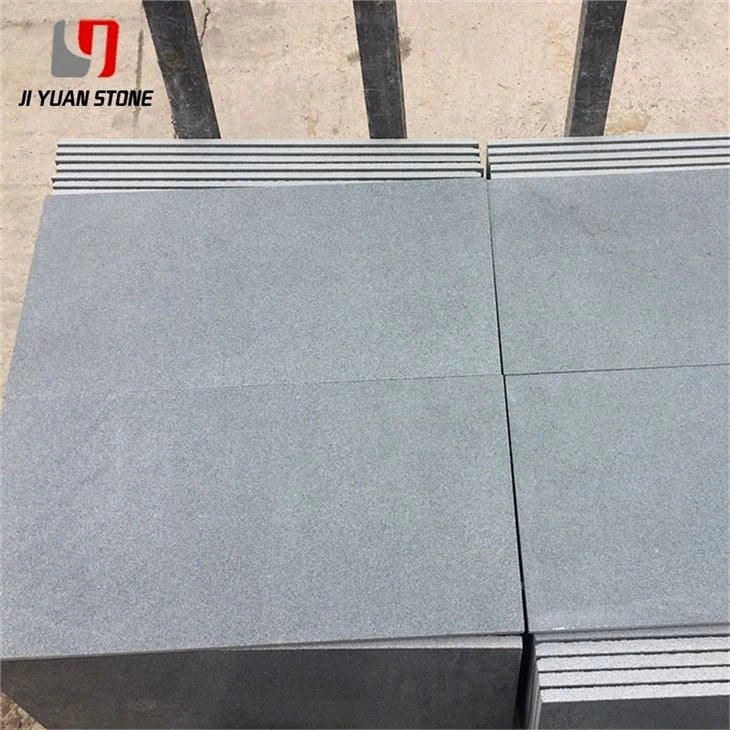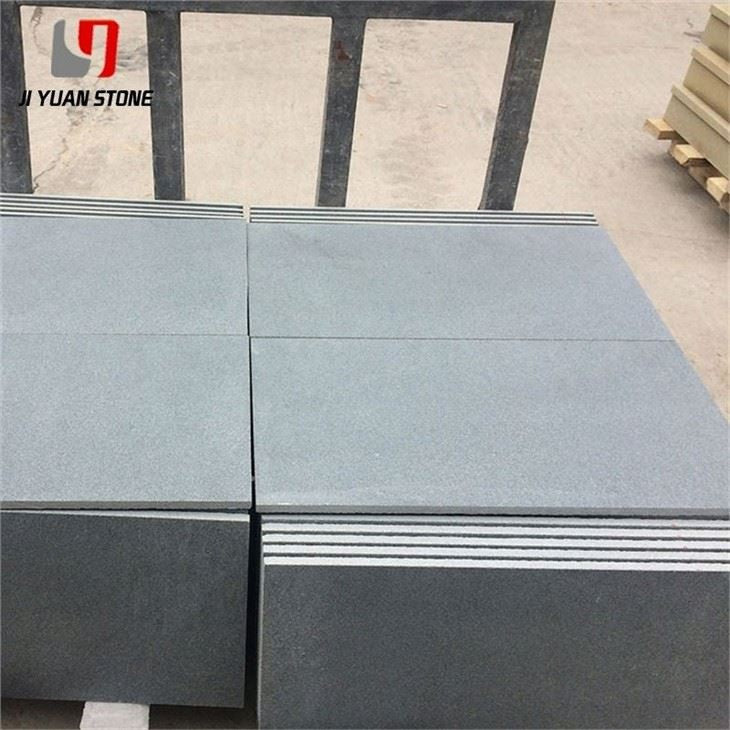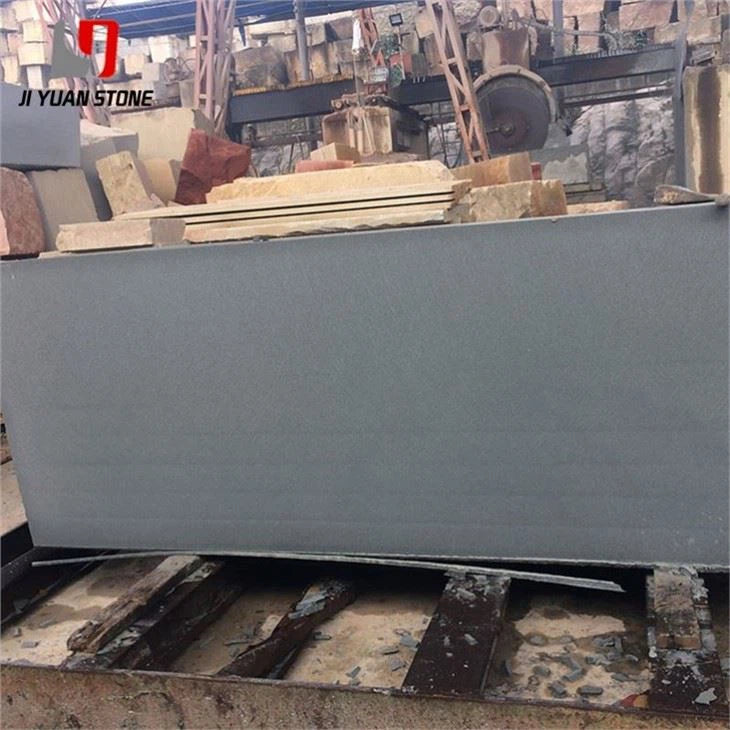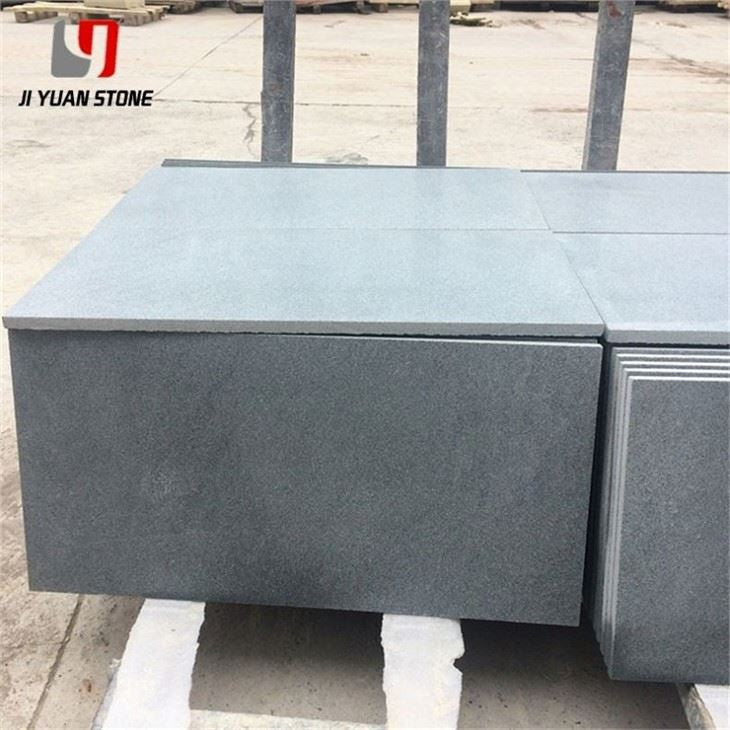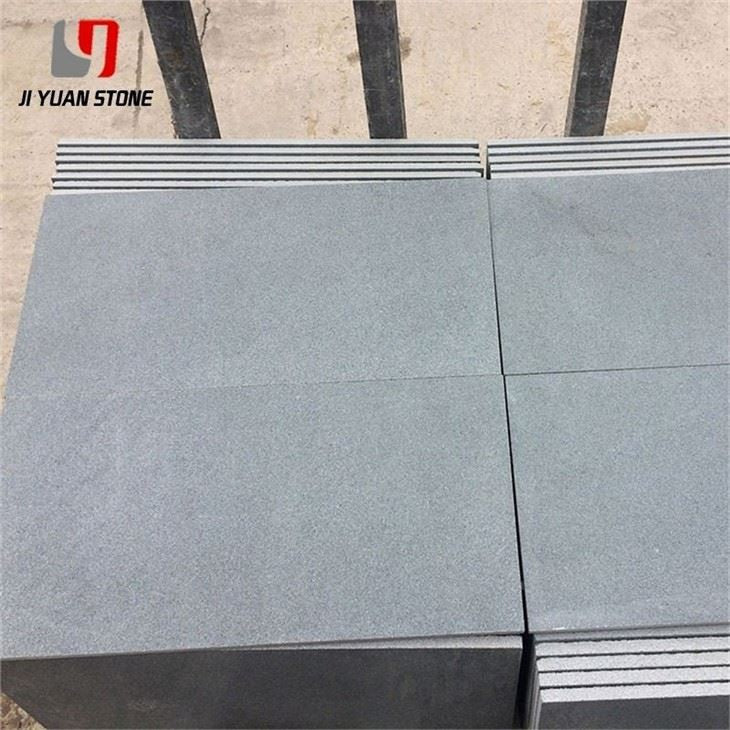Gray Sandstone Paving Slabs
Gray Sandstone Paving Slabs
These durable Gray Sandstone Paving Slabs offer a stunning addition to any outdoor space. With their natural gray hue, they add a touch of sophistication and versatility to your landscaping. Made to last, these slabs provide a sturdy surface for patios, walkways, and more.
| Feature | Details |
|---|---|
| Material | Natural Sandstone |
| Surface Finished | Honed, Flamed, Bush-hammered, Nature, Mushroom, Swan etc |
| Finished Products | Floor tiles, Wall cladding, Countertops, Windowsills, Special-shaped tiles, Small slabs, Swimming pool, Steps, Wall panel, Flooring, Veneers, Slabs, Coping tiles, etc |
| Color | Yellow, Black, White, Red,Purple Wood, green,Grey,Rainbow etc |
| Finished | Honed, Split, Sandblasted, Sawn, Antiqued, Pineapple, etc. |
| Quality details |
|
| Usage | For internal & external decoration and construction, Walling or flooring tile. |
| Edgeing | Full Bullnose, Half bullnose, Flat eased (eased edge), Bevel top, Radius Top, Laminated Countertop, Ogee Edge, DuPont, Edge, Beveled or others. |
| Size | Standard (But if you have special requirements, you can consult our CSA.) |
| Surface Finish | Polished, Flamed,Honed, Bush Hammered-sandblast, Chisselled. |
| Package | Fumigation wooden crates;Slab:fumigation wooden bundles |
| Payment | T/T 30% Deposite |
The Structure of Sedimentary Gray Sandstone Paving Slabs
Sedimentary gray sandstone paving slabs have a variety of structures formed by complex geological processes. Among these, stratification is the most common type of sedimentary structure.
Stratification occurs due to variations in composition, structure, and sudden changes or gradients in color, giving the sandstone its distinct layered appearance. Based on the form of bedding, stratification can be categorized into several types, including:
- Horizontal Stratification
- Wavy Bedding
- Oblique Bedding
- Progressive Bedding
- Block Bedding
Horizontal Stratification
Horizontal bedding is particularly common in argillaceous gray sandstone paving slabs, as well as in fine sandstone and siltstone. This type of stratification typically forms in fine-grained deposits under still water or weak currents, indicating slow sedimentation.
Wavy Bedding
Wavy layering generally results from wave oscillation but can also develop from unidirectional movement in a depositional environment. When formed by unidirectional movement, it creates asymmetric wavy layering, often consisting of fine layers stacked progressively in one direction.
Oblique Bedding
Oblique bedding consists of inclined fine layers at the interface. The tilt direction of these fine layers often reflects the movement direction of the depositional medium, providing insight into past geological processes.
Share
